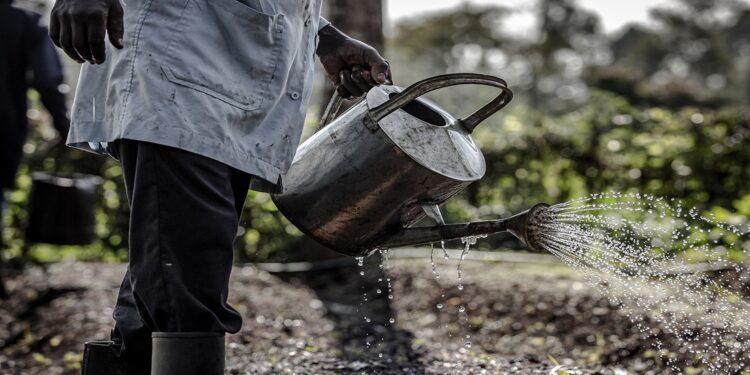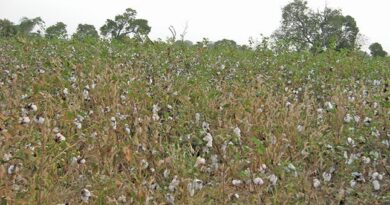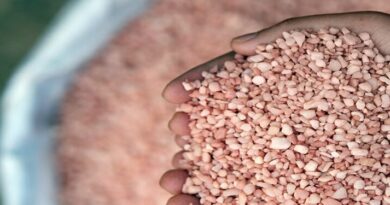Gates Foundation’s Agricultural Interventions in Africa: A Double-Edged Sword?
The Bill & Melinda Gates Foundation’s agricultural interventions in Africa have been a subject of both praise and criticism. While the foundation has undoubtedly made significant contributions to improving food security and livelihoods, some critics argue that its approach has inadvertently exacerbated certain challenges.
One of the primary criticisms leveled against the Gates Foundation is its promotion of high-yield, genetically modified (GM) crops. Proponents of GM crops argue that they can increase yields, reduce pesticide use, and improve nutritional content. However, critics contend that GM crops are not a silver bullet solution to Africa’s agricultural problems. They point to concerns about the long-term environmental and health risks associated with GM crops, as well as the potential for them to exacerbate existing inequalities.
“While GM crops can offer benefits, we need to be cautious about their potential drawbacks,” said Dr. Sarah Mwangi, a Kenyan agricultural researcher. “We should not rely solely on GM crops as a solution but explore a more diverse range of approaches.”
Another criticism is the Gates Foundation’s focus on large-scale commercial farming. While this approach can generate significant profits, it can also displace smallholder farmers, who form the backbone of Africa’s agricultural sector. Critics argue that the foundation should prioritize supporting smallholder farmers through initiatives such as agroecology and sustainable farming practices.
“We need to ensure that the benefits of agricultural development reach the most vulnerable people in Africa,” said Professor John Komen, an agricultural economist at the University of Nairobi. “This means supporting smallholder farmers and promoting sustainable practices that are adapted to local conditions.”
Despite these criticisms, the Gates Foundation has achieved significant successes in Africa. Its investments in agricultural research, infrastructure, and education have helped to improve food security and livelihoods for millions of people. However, the foundation must be mindful of the potential negative consequences of its interventions and work to ensure that its approach is sustainable and equitable.
As Africa continues to grapple with the challenges of food security, climate change, and poverty, the Gates Foundation’s role will be increasingly important. By carefully considering the potential risks and benefits of its interventions, the foundation can help to shape a more sustainable and equitable future for Africa’s agricultural sector.




